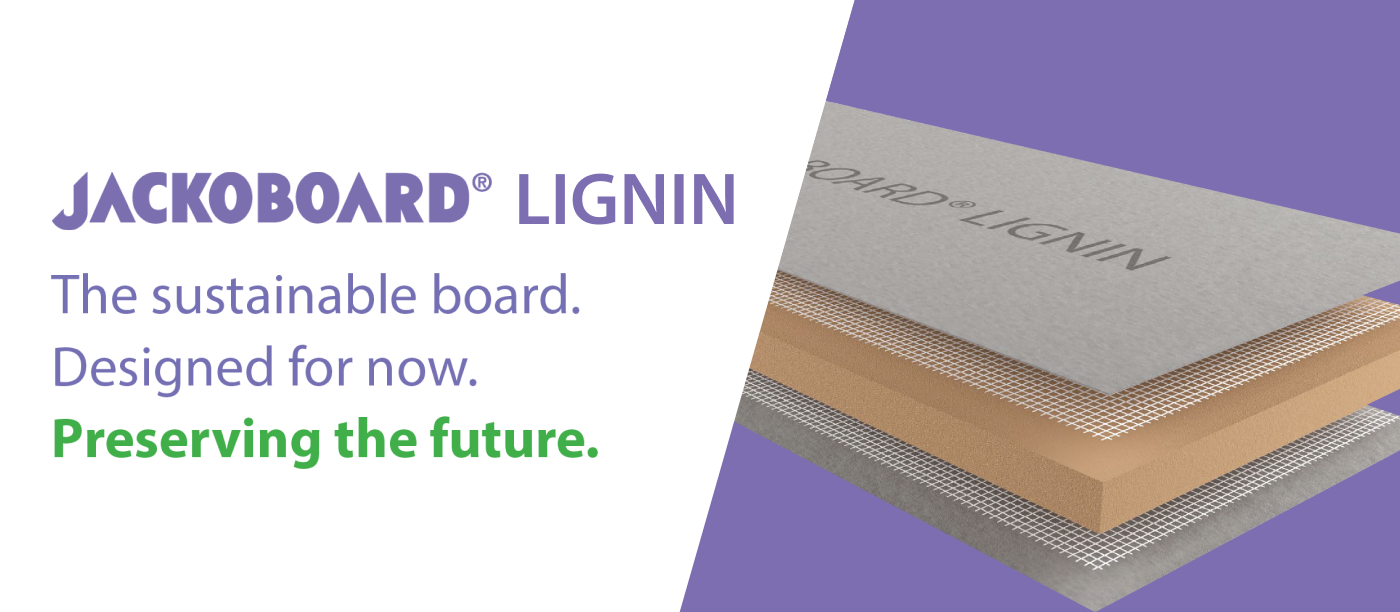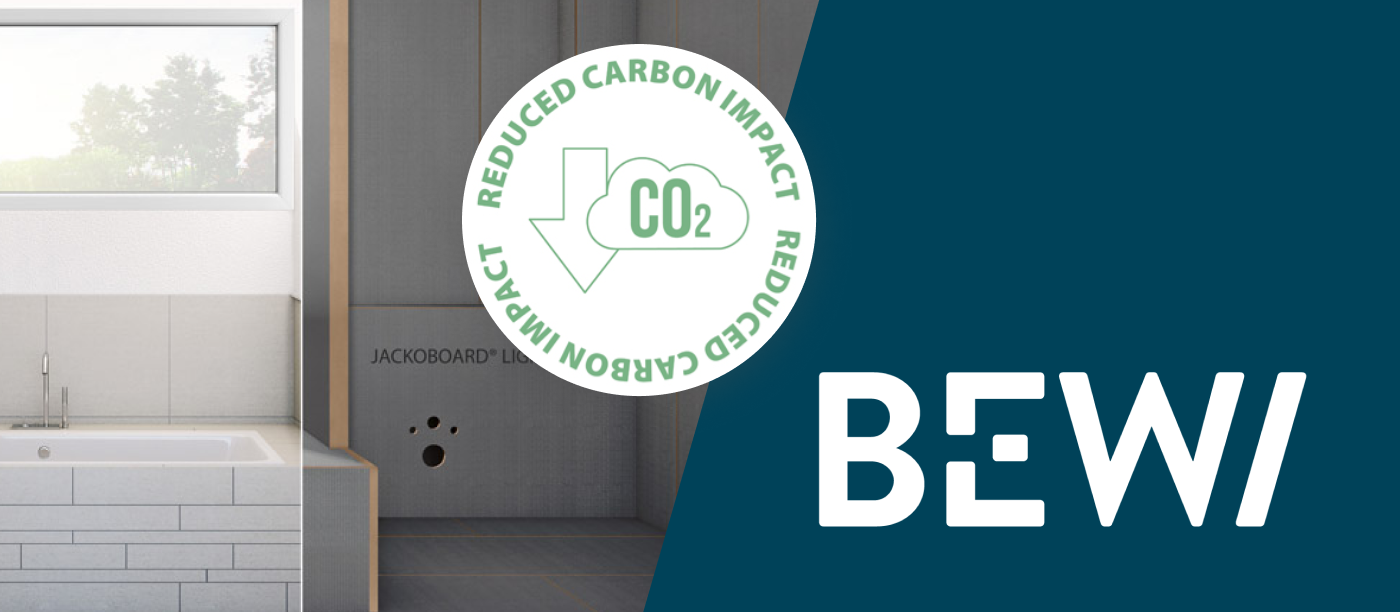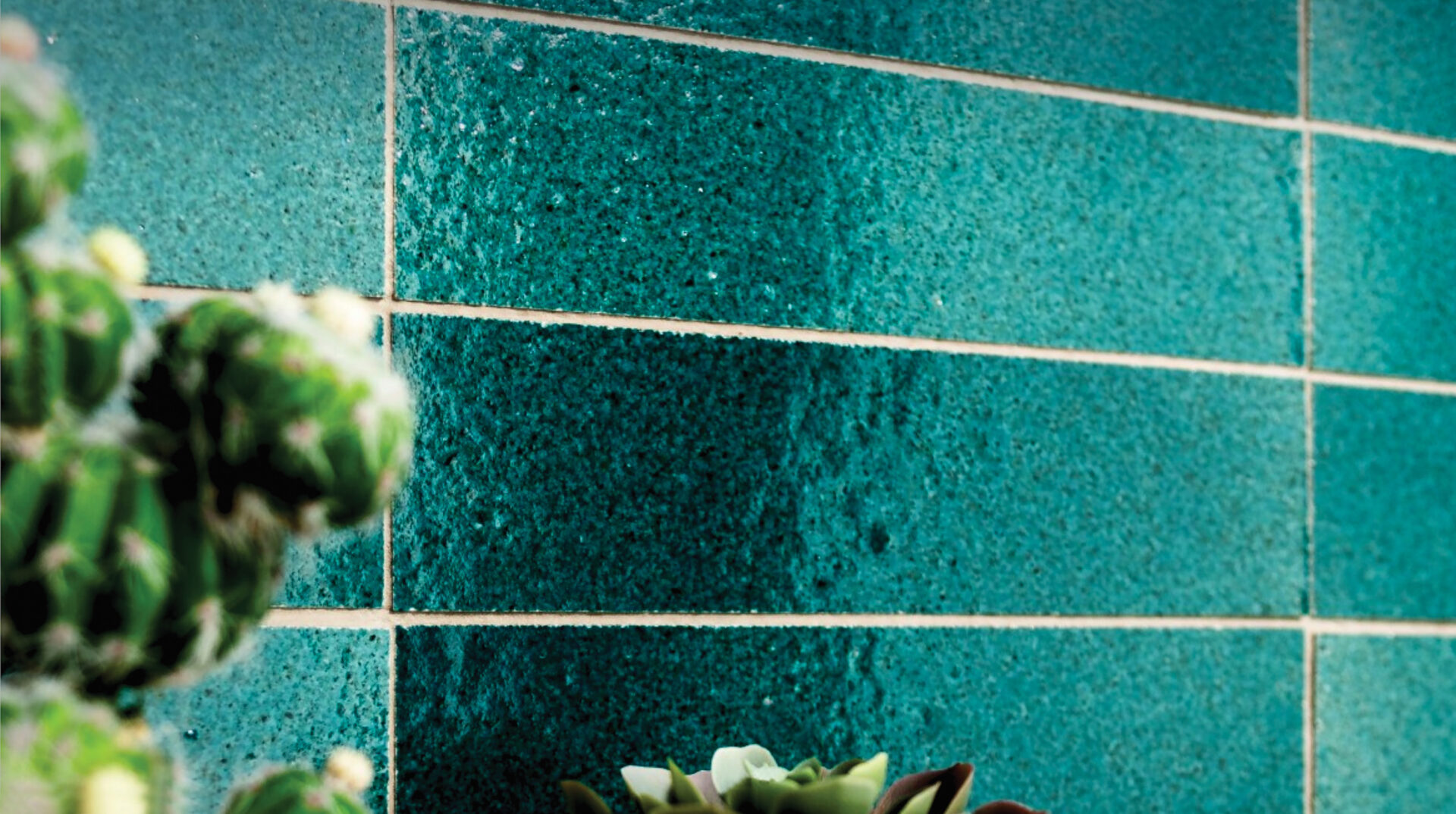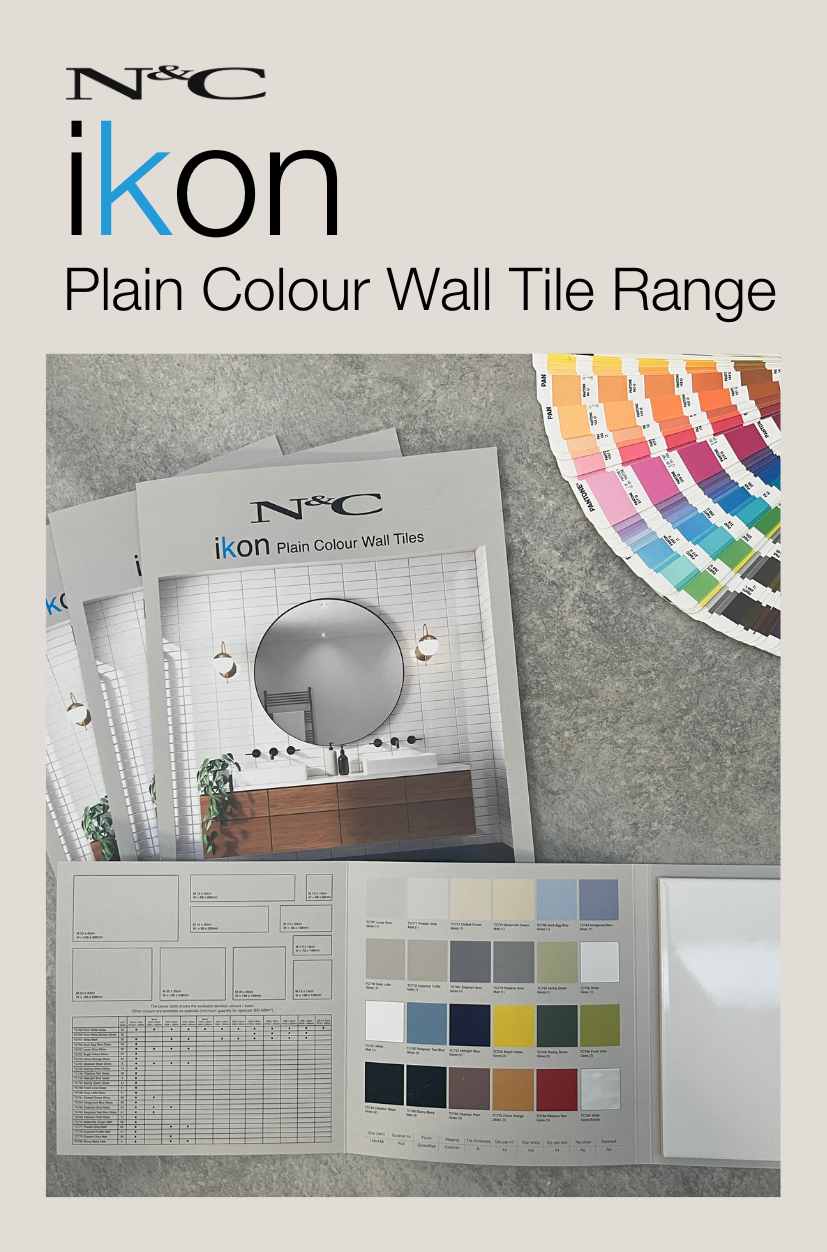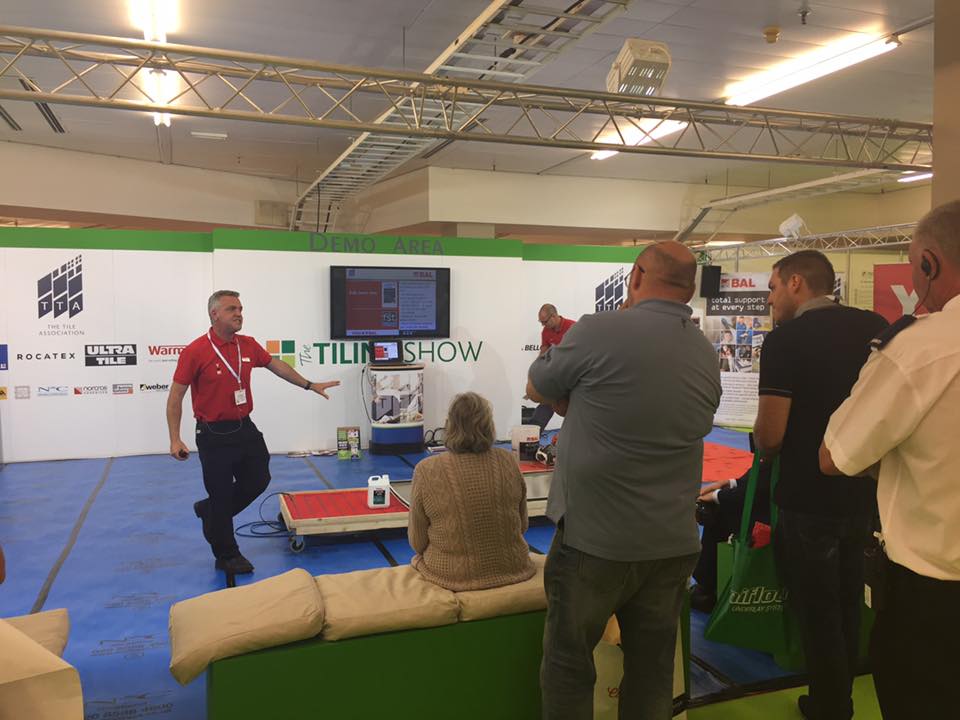Parkside and Strata Managing Director Dan Little has produced a whitepaper entitled: ‘How Sector Innovation Can Support a Sustainable Future’. In the document Dan asks what the wall and floor specification market can do to support the urgent need to halt climate change.
The world has recently attempted to answer this question at the COP26 summit, and by and large, it failed to make the necessary changes required to ensure that we stop global warming, says Dan. That said, there have been real gains made in the commitment of governments to reduce emissions and reliance on fossil fuels and we are heading in the right direction.

If we are ever to stop climate change in time, what is clear is that businesses must take the lead, own the responsibility of their environmental impact and go beyond the targets set by governments. It is more about a willingness to lead from the front, than it is about being pushed from behind because we face regulatory change. As leading British Economist, Nicholas Stern recently said: “It’s going to need determination, some resources and smart design,” and that comes from nowhere better than from business.
Just like any other industry, the floor and wall specification market must address its direct impact on the environment through innovation in products, namely the materials it uses and the processes used to create them. And the end goal must be products that close the loop and which can demonstrate neutral carbon emissions. Yet, the realisation of this, while also providing specifiers with a product that has no compromises in terms of installation, performance and therefore ultimately value, is still someway off. This approach simply won’t be enough for our industry, if it is to contribute to the fix the planet needs in the timeframe needed.
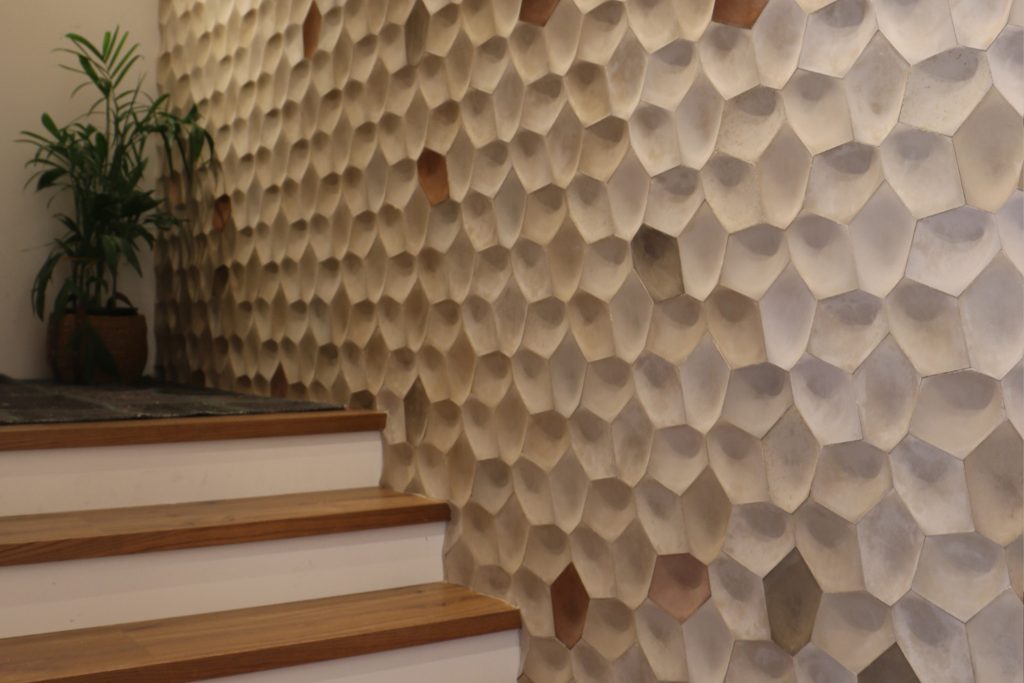
However, there is much to be said for tiles as a generally good specification choice. Ceramic and porcelain tiles are some of the longest lasting floor and wall coverings on the market and properly installed tiles can last a lifetime. This longevity of use reduces the time, money and resources spent on extracting raw material manufacturing, transportation, installation, demolition and disposal requirements. Combined with modern production methods, including the use of recycled ceramics, renewable energy sources and kiln technologies that reduce energy consumption, the industry is certainly closing in on the target.
“So, while it is the job of tile manufacturers to reach a closed loop, carbon neutral product halcyon that delivers uncompromised performance, it is also the job of tile specification companies like ours to also find ways of continuing to tackle climate change. We believe that through the mix of more sustainable products and business operations here at Parkside and Strata, we can work with specifiers to achieve more sustainable product choices right now.
“Our recent ISO 14001 certification and the fact that we have over 40 ranges with 40% recycled content or higher, as well as a commitment to source new collections with 20% recycled content or above only demonstrate that we have systems and products in place to make this possible. Yet, it is also important that we go beyond the pure environmental performance of products by embracing partnerships with organisations that can strengthen our ability to tackle climate change.
“Our 40 for 40 and Carbon Balanced initiatives with the World Land Trust and a partnership with WRAP are ways that we are looking to make a meaningful and impactful difference on global climate. They are more far-reaching than we could achieve by staying within our market and they support our efforts to work with manufacturers to achieve immediate effect. As an example, through 40 for 40 specifiers can actively contribute to the preservation of important natural habitats through land purchase. This is a two-fold positive action – a tile specification with a high level of recycled content and important habitat preservation – that can be taken on over 40 tile collections right now.
“We believe it’s through an innovative approach and a commitment to doing business differently that we can work with specifiers to create tile specifications that head in a more positive direction. That’s why we are using our partnerships, as well as changes to business operations and product sourcing to help us achieve net carbon neutral status in 2022. Combined with providing specifiers the information needed – we have a RIBA accredited CPD seminar on sustainable specifications – and tiles that are among the most innovative solutions available today, we can work together to combat global climate change.”
Discover more about the approach of Parkside and Strata in Dan Little’s white paper, ‘How Sector Innovation Can Support a Sustainable Future’, available for download from parkside.co.uk
For more information contact: Parkside on 0116 276 2532 or info@parkside.co.uk www.parkside.co.uk
or Strata Tiles on 0800 012 1454 or info@stratatiles.co.uk www.stratatiles.co.uk
